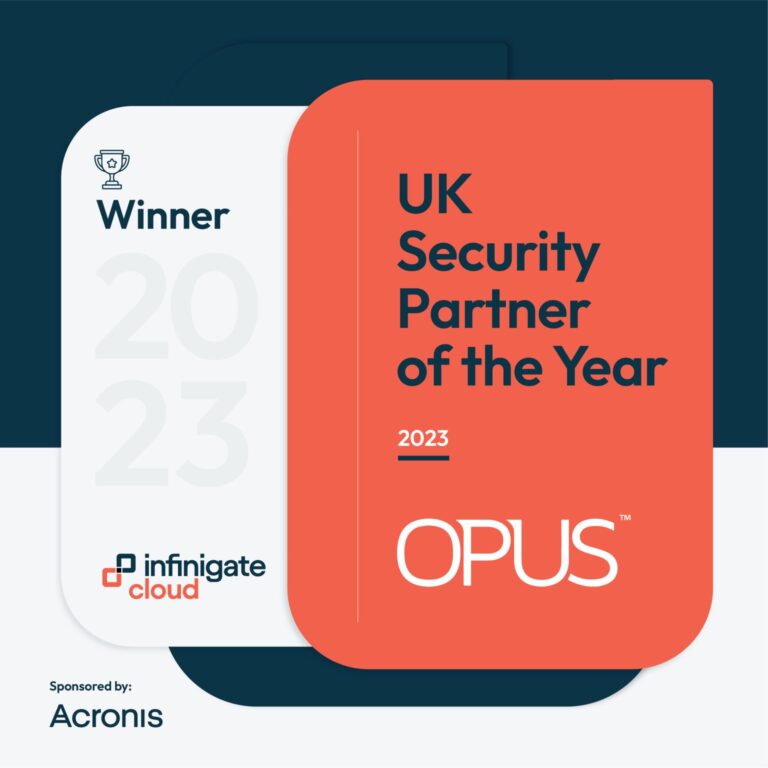KNOWLEDGE BASE
Zero Trust Security
What is Zero Trust Security?
Zero Trust security represents a comprehensive IT security model that mandates rigorous identity verification for every individual and device seeking access to resources within a private network. This requirement applies irrespective of whether the entities are located inside or outside the traditional network perimeter.
What is Zero Trust Network Access (ZTNA)?
Zero Trust Network Access (ZTNA) serves as the core technology linked with the Zero Trust architecture, which, in essence, embodies a holistic approach to network security. In contrast to traditional IT network security, which inherently trusts entities within the network, Zero Trust architecture operates on the principle of placing trust in no one and nothing.
Zero Trust Security is an approach to cybersecurity that challenges the traditional model of trusting everything inside a corporate network. In a Zero Trust model, no entity, whether inside or outside the network, is trusted by default. All users, devices, and applications are treated as potentially untrusted, and access is granted only after verifying the identity and security posture of the entity.
The importance of Zero Trust Security lies in addressing the evolving threat landscape and the limitations of traditional security models.
Here are some key reasons why Zero Trust security is important
Increased Sophistication of Cyber Threats
Cyber threats have become more sophisticated, and traditional security models that rely on perimeter defences are no longer sufficient. Zero Trust acknowledges that threats can come from both external and internal sources, and it focuses on protecting assets regardless of their location.
Mobile Workforce and Cloud Adoption
With the rise of remote work and the widespread adoption of cloud services, traditional network boundaries have become porous. Zero Trust is designed to secure access to resources regardless of the user’s location, ensuring that even remote or mobile users are subject to continuous verification.
Minimisation of Attack Surface
Zero Trust emphasises the principle of least privilege, which means that users and devices are granted only the minimum level of access required to perform their tasks. This minimizes the attack surface and reduces the potential impact of a security breach.
Data-Centric Security
Zero Trust focuses on protecting the data itself rather than just the network or devices. This approach ensures that even if a breach occurs, the exposed data is still safeguarded through encryption, access controls, and other data-centric security measures.
Continuous Monitoring and Adaptive Security
Traditional security models often rely on point-in-time assessments, but Zero Trust involves continuous monitoring and adaptive security measures. This means that access privileges are dynamically adjusted based on real-time assessments of user behaviour, device health, and other contextual factors.
Compliance Requirements
Many regulatory frameworks and industry standards now emphasize the importance of a Zero Trust approach to security. Implementing Zero Trust can help organizations meet compliance requirements and demonstrate a commitment to protecting sensitive information.
Resilience Against Insider Threats
Zero Trust assumes that threats can come from both external actors and insiders. By treating all entities as untrusted until proven otherwise, it helps organisations guard against insider threats and unauthorised access by employees or contractors.
Speak to a consultant
We are accredited partners with

Related Pages
How Opus' IT consultants can assist you
Opus are a leading outsourced IT support provider and one of the top Microsoft Solutions Partners in the UK. We have a dedicated IT consultancy and technical presales team who are vendor certified and technology agnostic in their approach to IT and Cyber Security consultancy.
Our specialist IT services include but are not limited to:
Industry Recognition

WINNERS
UK Security Partner of the Year 2023
Partner of the Year 2022
Modern Workplace Partner of the Year 2021
FINALISTS
Modern Workplace Partner of the Year 2023

Keen to discuss your IT requirement?
